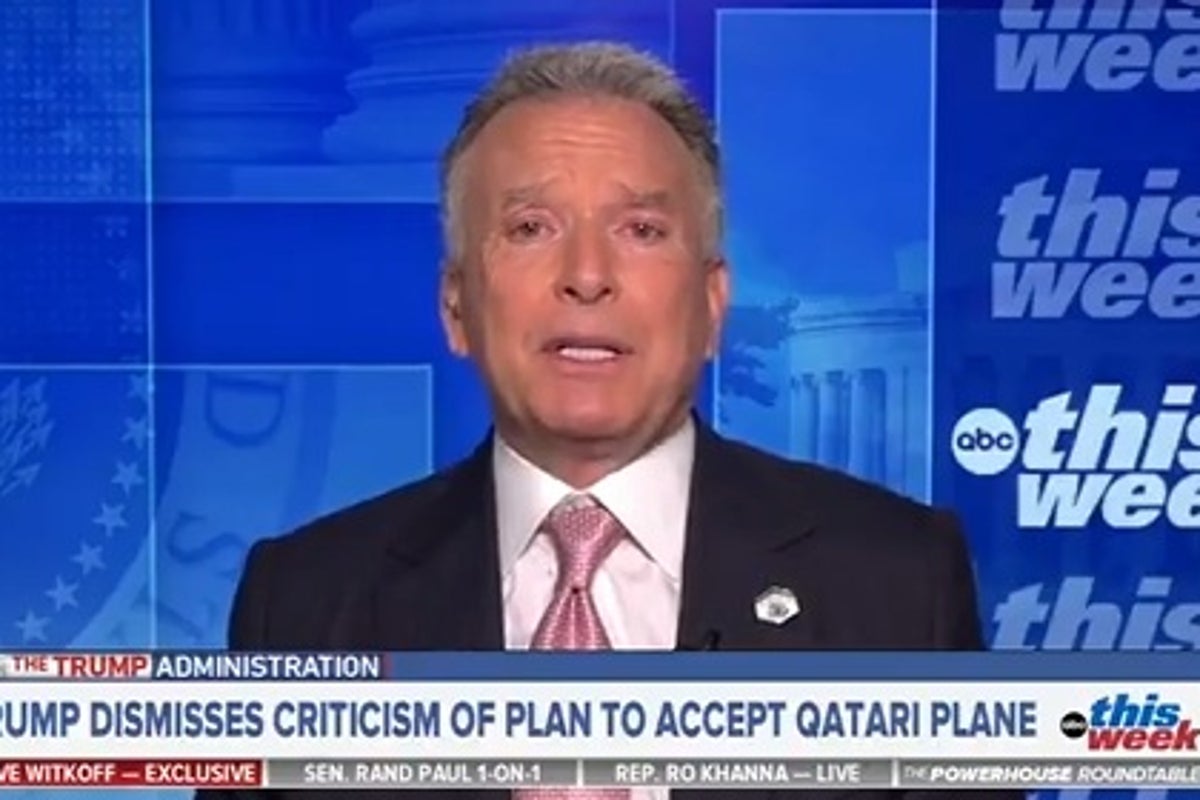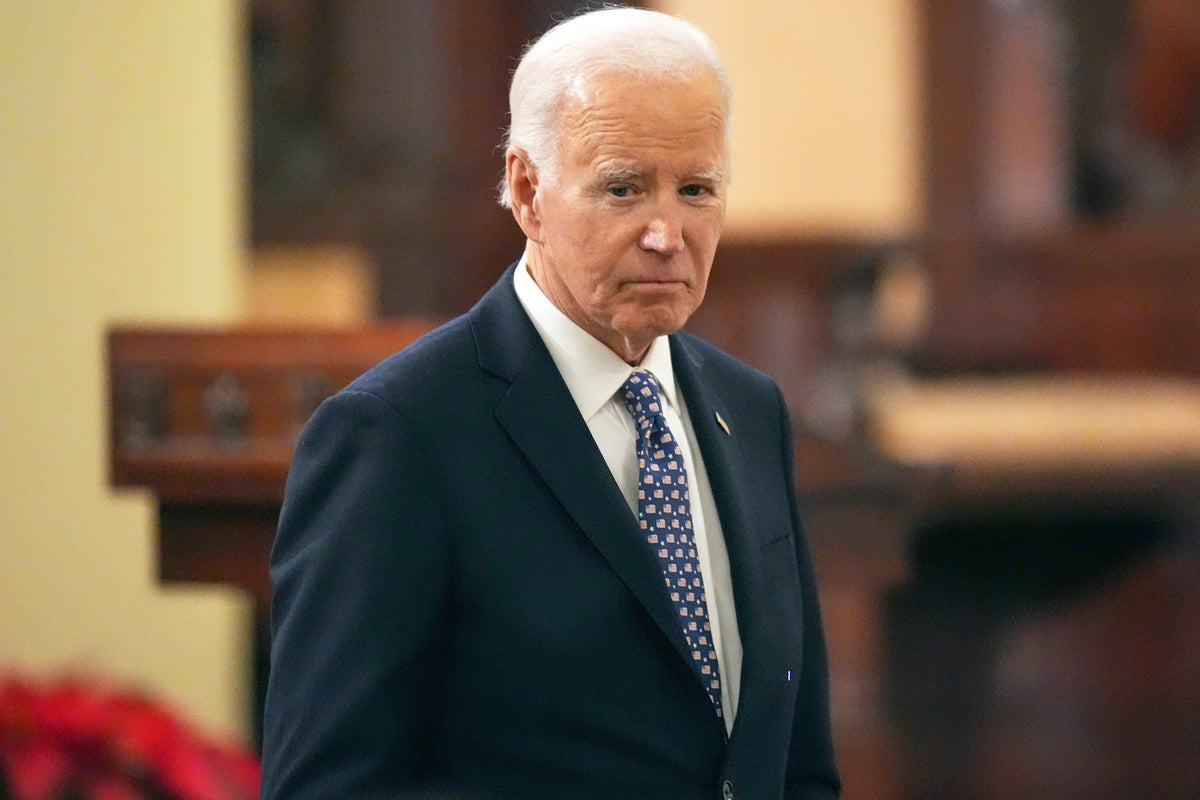ARTICLE AD BOX
When a bomb exploded on 21 December 1988 onboard Pan-Am 103, it killed all 259 passengers and crew and another 11 people on the ground, near Lockerbie in Scotland. It must be strange, then, for the friends and family they left behind, to watch the last moments of their loved ones dramatised, not once but twice in the space of a year. A few months after Colin Firth’s Lockerbie aired on Sky, the BBC brings us The Bombing of Pan Am 103, a six-part, forensic deconstruction of the tragedy and its aftermath.
“This was an act of war,” Scottish investigator DCS John Orr (Peter Mullan) announces gravely. “And now we have to find out who we’re fighting.” And so, this is how The Bombing of Pan Am 103 unfolds. On a cold December night, a broken-up Boeing 747 rains fire on the small Scottish town of Lockerbie, scattering debris over an 850-square mile crime scene. On the ground, a team of Scottish police officers – including Orr and young DS Ed McCusker (Connor Swindells) – attempt to hold things together. There are grieving families, trying to confirm the fates of their beloved, not to mention a landscape littered with potentially valuable information. And so, the wheels move into motion with one question in mind. “I need to find out if this was an accident,” says Orr, “or if it was a bomb.”
While the sensitive Scots are emotionally supporting the bereaved, the bullish Americans are putting them through the interrogative wringer. It’s a predictable dynamic, where the earthy local police feel they are being marginalised by the FBI. “You want to see our evidence while you refuse to share your intel,” Orr fumes. As the intercontinental investigation continues, relations thaw. Eddie Marsan’s sturdy Tennessean Tom Thurston (sporting a distractingly drawling accent) and Patrick J Adams’ urbane Dick Marquise humanise the American side of proceedings. As the inquiry evolves, more pressing questions emerge. Did the German authorities miss the chance to apprehend the bombmaker? Has the American aviation industry failed to meet safety standards? And who, ultimately, placed the bomb in the hold of Pan Am 103?
The Bombing of Pan Am 103 is, at its essence, a true-crime show. Writer Jonathan Lee is an acclaimed novelist, having a first stab here at writing for television. But the series eschews an overly novelistic approach – indeed, Colin Firth’s Lockerbie was more impressionistic – preferring to prioritise the procedural element. The ensemble cast of British and American actors illuminate the struggle of these ordinary men and women dealing with extraordinary circumstances. They interact occasionally with grief – that extreme, dramatic emotion – but most of their time is spent poring over documents, analysing fragments of debris, or conducting stone-faced interrogations. “I don’t want you getting distracted by any of the images you see on TV,” Marquise tells his team. No distraction, just dissection.
It is unfair but inevitable that the BBC’s series will be compared to Sky’s, just as Armageddon followed Deep Impact, or Volcano arrived hot on the heels of Dante’s Peak. The difference here is subtle but relevant: Lockerbie was focused on the figure of Dr Jim Swire, a controversial activist and father of one of the victims, who campaigned for the freedom of Abdelbaset al-Megrahi, who was convicted for the bombing. Here, it is not until the show’s fourth episode that any connection to Megrahi is drawn. It allows The Bombing of Pan AM 103 to reconstruct the investigation as it unfurled for the eyes of these investigators, as they begin by clutching for any links and, in the end, zero in on their culprit. The Bombing of Pan Am 103 does not entertain the same ambiguities as Lockerbie, even if it covers much of the same ground.
And the retreading of old material may prove underwhelming for some. After all, the disaster was one of the biggest news events in British history, and continued to receive headline coverage right through to Megrahi’s death in 2012. This show – a co-production between the BBC and Netflix – tries to find a new angle, grappling with the challenges of international cooperation, but, for all its elegance and sensitivity, ends up feeling like an unnecessary addition.









 English (US) ·
English (US) ·